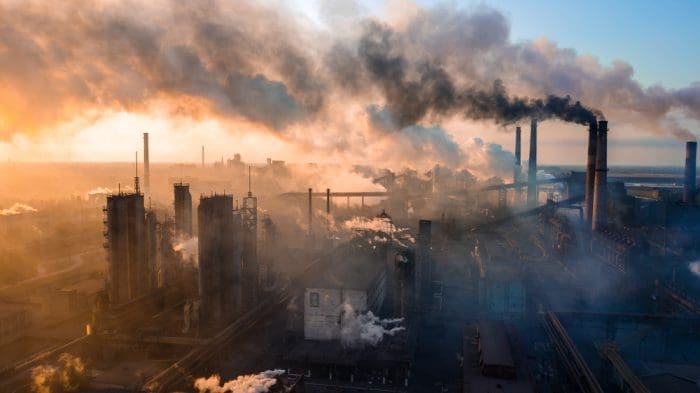MANDATORY climate reporting regulations have passed the Senate, meaning Australia’s largest companies will be required to report climate risks across their supply chains in the coming years.
The rules are set to come in from January 1 next year, with many companies that deal with the agriculture sector legally required to make detailed disclosures about climate-risks and opportunities.
Scope 3 emissions are where most Australian producers are involved in the disclosures, which are emissions from entities not owned by the specific company. The reporting groups have been given a year grace period before they start reporting scope 3 emissions.
The rules will first apply to firms that meet two of revenue greater than $500 million, more than 500 employees or more than $1 billion in consolidated assets — and that means major actors in the agricultural ecosystem including banks, insurers and supermarkets.
From July 2026, companies that meet two or more of more than $200 million in revenue or $500 million in gross assets or 250+ employees will be required to report. That will cover many participants in the supply chain, from suppliers to processors.
From July 2027 firms that meet two or more of more than $50 million revenue, $25 million in gross assets or 100+ employees will be brought into the standard. A considerable number of farming operations will likely see the added necessity of disclosure.
Failure to comply with the reporting rules may attract civil penalties or even jail time, which applies to company directors.
The new rules are part of a widespread global push for regulatory oversight of climate change-related activities which will reverberate across the agricultural landscape.
Australian farmers and the entire supply chain must be prepared for not just changes to reporting rules, but also wider environmental regulations. To assist industry, the Australian Farm Institute has created the Sustainability-related Regulations Database, a regularly updated snapshot of information on current Australian legislation and regulation relevant to the sustainability of Australian farming.
This database uses the Australian Agricultural Sustainability Framework (AASF) principles to identify regulations relevant to key sustainability and ESG topics. Information can be filtered by a range of parameters, such as commodity and location applicability, and is transferable to sustainability reporting platforms.
Source: Australian Farm Institute

